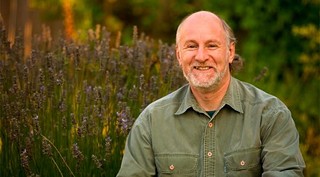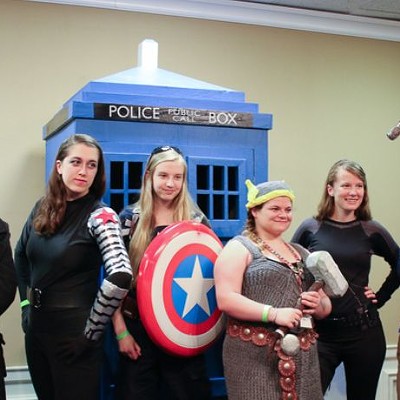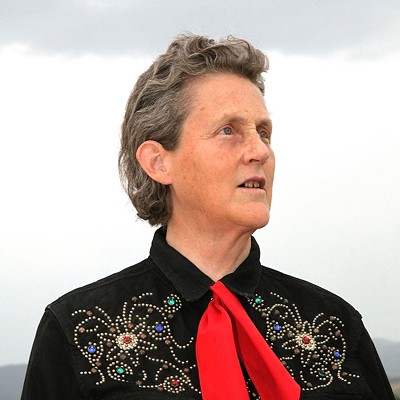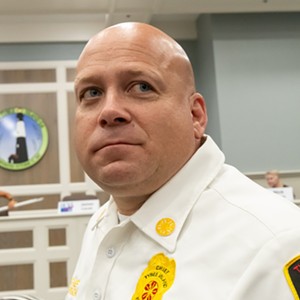Dietary supplements might be a multi–billion dollar industry, and ginseng has become a household name in Chinese remedies, but the use of plants and herbs is still a long way from common place in the United States. Roy Upton would like to change that.
For more than three decades Upton has studied herbalism around the globe, from ancient Chinese traditions to Native American practices, and helped to found the American Herbalist Guild, among other notable contributions to domestic naturopathic medicine.
In his free time, he’s also co–authored a book, written numerous articles, and lobbied the federal government not to ban traditional herbs with medicinal uses. On Tuesday, July 26, he’ll be giving a free talk at the Coastal Georgia Center discussing how plant tonics can help optimize personal health, rather than just living doctor visit to doctor visit.
The difference between Eastern & Western medicine:
“In Chinese medicine there’s a whole different philosophy that exists in health care than exists in Western medicine. In western medicine, we’re trying to treat disease. We don’t think it’s about prevention of health or promotion of vitality. We don’t think about optimizing health. The Western mentality is basically: ‘Wait until its broken and here’s something to fix it.’ The Chinese medicine concept is the opposite.”
Adaptogens:
“This is a term that was coined by Russian researchers in the 1950s to describe substances that help the human physiology to adapt to physiological and psychological stresses we face everyday.”
“In the 1960s, there were a bunch of studies done in Russia where they take 200,000 auto workers, and they require them, when they punch into work, to take a Siberian ginseng preparation. They then require them to take it again at lunchtime. What they found was after only a few months, they saw that the number of work days lost because of sickness decreased, while the quality and productivity of work more than proportionately increased. They were getting sick less and they were doing more work better.”
Herbs and supplements aren’t outside the law:
“For many years conventional medical practitioners would say they weren’t regulated by the Food and Drug Administration. That’s not true. They’re not regulated in the same way that conventional drugs are regulated by the FDA. A drug, before it’s ever on the market, has to be approved by the FDA; a supplement does not need to be pre–approved.
The reason it doesn’t need to be pre–approved is because we’ve been eating broccoli for 150 years. No one has to petition the FDA to approve the safety and efficacy of broccoli. Chamomile tea has been used for 1,000 years.”
The Dietary Supplement Health and Education Act:
“The law we got passed was a reaction to the FDA’s attempt to take a lot of supplements off the market. In 1990, FDA proposed regulations that said all herbs whose only known use is for medicinal purposes shall be regulated as drugs. Back then if you went through an FDA process to approve a drug, it cost $231 million. Now it costs $750 million. Nobody is ever going to spend that kind of money on chamomile tea or Echinacea. You cannot remove all these from market and regulate them because they’ll never make it back on the market.”
Controlling your health:
“I’m a very strong advocate of self health care. The whole idea about prevention is to educate ourselves about what we need in order to stay healthy. It used to be that every mother, every auntie, every grandmother knew about herbal medicine. They knew what tea to drink when they had an upset stomach.Unfortunately, in Western medicine, we’re stuck between the doc and the emergency room. We don’t integrate this world of other options.” cs
Lecture: Roy Upton
When: Tuesday, July 26, 7 p.m.
Where: Coastal GA Center, 305 Fahm St.
Cost: Free and open to the public




























